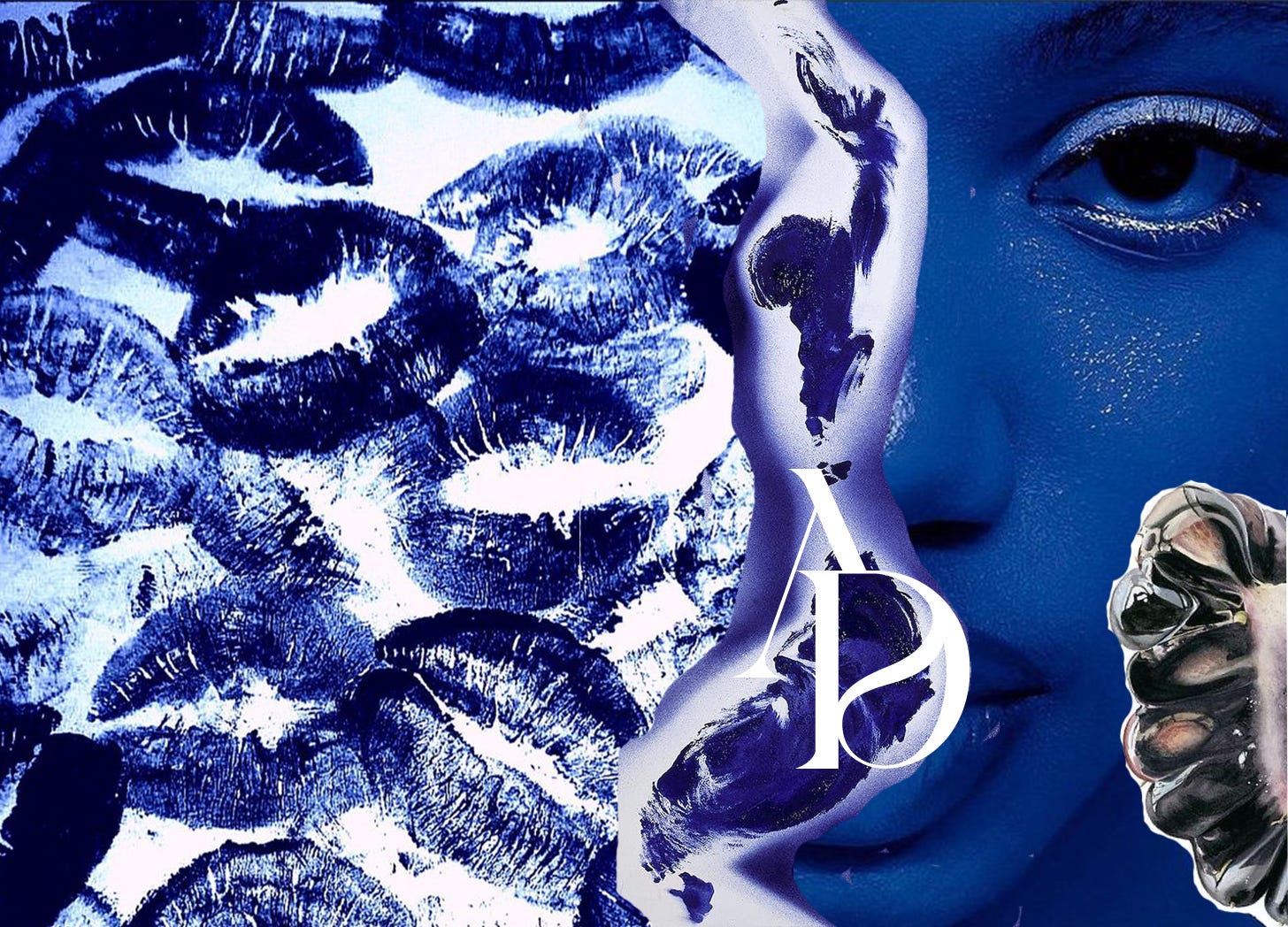there are so many different ways to be ugly. there is ugliness of the spirit, ugliness of the heart, and, my personal favorite, ugliness as a liberation tool.
i am one of those woman who advocate for glamour, every minute of every day. i believe there’s something to be said about embodied fantasy. about the pursuit of beauty as a weapon against the demons of self comparison and to assuage any obsession with anyone else. after all, it’s hard to get caught up in the personal affairs of others when you’re too busy hunting down the perfect false lashes to suit your cat eye dreams, researching the perfect curling iron for those old hollywood curls, and landing on your signature lipstick shade that is bound to led to icon status. beauty is a full time job that requires all of your attention. and i argue, if you enjoy this, this occupation with self prevents you from falling into the trap that so many are stuck in: playing the game of social comparison. you simply don’t have the time—there’s yet another tutorial to watch on how to achieve the perfect base routine for that long-missed victoria’s secret angel look. gotta run.
this is for women, and men, who enjoy beautification. those who feel inspired by it. heightened, and protected by it. those who enjoy being the manifestation of their own fantasy. but i understand that not everyone shares this sentiment. for some, beautification can be a source of anxiety, a burden to bear, and often, a cause for concern.
there’s a writer by the name of jessica defino whose substack is dedicated to the critical analysis of the beauty industry. although i thrive off of the beauty culture jessica dissects in her writings, i find that i agree with her, especially when she wrote:
“beauty standards are a matter of public health”
jessica defino.
toni morrison, a woman whose work and life i have the deepest admiration for, wrote The Great American Novel that just happened to be centered on beauty culture. well, not necessarily. she wrote a novel about a little black girl who wants nothing more than to have blue eyes. in revealing the circumstances of the main character’s life, toni walked us through how it could be that a little girl, no older than eleven years old, could equate acceptance, love, and happiness with having an eye color unnatural to her. but to the sentiment of toni, jessica, and countless feminists worldwide, this is the power of beauty standards.
i agree. framing beauty standards as a matter of public health is a powerful way to underscore a problem that has endured long before the advent of the beauty industry. however, in the same way one’s mental health can be harmed by the constant pursuit of a beauty ideal external to themselves, one can also be healed by cultivating a beauty practice centered on their own beauty.
my answer is to create your own definition of beauty. and, to be so firm in this definition that no one, not your favorite cosmetics brand, celebrity / creator, or advertisement from a multinational conglomerate, can make you feel differently. to pull this off you need mental fortitude. in the immortal sentiment of certain agent provocateurs and long-dead alchemists: you tell people who you are, do not let them make that decision for you.
beauty is a way of existing in this world as exactly who you want to be. i favor the old hollywood approach of invented beauty and relish in the bombshell look. it feels like home to me. but the thing about home is that you must feel comfortable there, otherwise it’s just another place.
if beauty does not feel comfortable to you, if you do not feel at home in this culture, you must learn to exist in your natural state. no false lashes, no extensions, no intricate 10-step skincare routine (though, sunscreen remains a must). nothing but the love of who you see in the mirror. cliché, i know. but what did i say about life and clichés?
the ability to exist as you, sans artifice, and be happy and feel accepted is the height of self acceptance; which, to me, is the heart of beauty culture. you need to believe you are beautiful in your natural state. even if you believe yourself to be uglier than with the addition of a false eyelash or two, it does not matter. if you fail in this part of the mission, you’ll always be at the whim of the latest social media-led aesthetic trend (i was never part of the “clean girl” delegation because i love a 1.5 inch barrel curl too much. alas.) or whatever the cover of cosmo says (probably the same thing i’m saying here).
in her book, beauty mark, dita imparted wisdom that i will leave with you, dear reader: you must take what people (or you) view to be your worst, most ugliest trait, and make it the center of your beauty. this will be your beauty mark. your calling card, so to speak.
now, doesn’t that sound like fun?
sweet dreams,
a diouana woman
p.s. truth or dare
i am beginning a new section in my nightly posts titled truth or dare. it’s a simple curated list of ideas and items i’ve engaged with today that i loved and am sharing with you. the truths were 10/10, so i must recommend. and the dares were not so great, so it’s me saying don’t do it. but only if you dare. get it? great. let’s begin:
truth: playing both sides. read my short essay on the necessity of being hot.
dare: not getting enough sleep. too many 3a specials lead to sleep deprivation. that said, 8a publishing times are nothing to sneeze at. committing to writing for the slumber party every day is in in 2024.





